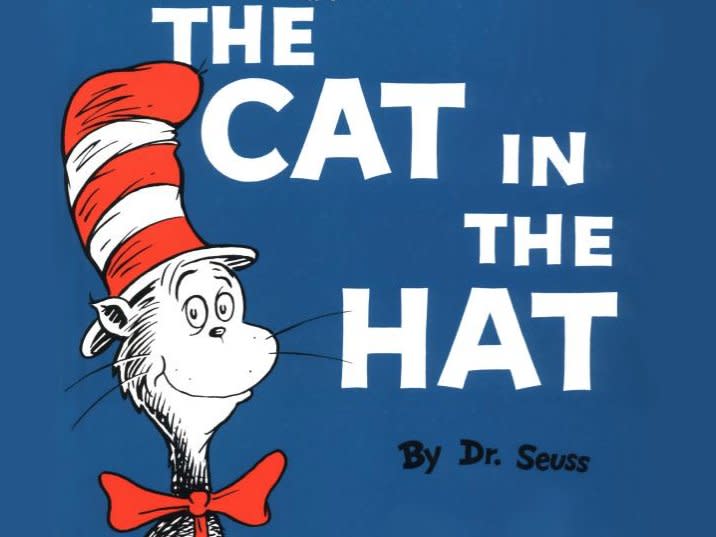The Bank of England studied Dr. Seuss books to make its writing clearer and more accessible

Amazon
LONDON – Staff at the Bank of England studied the writing style of Dr. Seuss as part of a push to make its communications more easily understood by the general public.
The central bank analysed the children's author after finding that just one in five people could read and understand its inflation report, Minouche Shafik, the former deputy governor for markets at the central bank, said at the Hay Festival on Sunday.
"Dr. Seuss was a master at using simple language, at getting children to read," Shafik, speaking on role of experts in policy making, said.
Technocratic institutions such as central banks are struggling with a wave of political populism, which favours policy-making based on emotions rather than evidence, Shafik said.
Shafik said that economists often fail to engage with politicians and the public because of their dry, logical manner, and should do more to tell stories. "Most experts need to challenge themselves," said Shafik, "they must maintain quality standards and also embrace uncertainty."
The Bank of England's push to make itself understood comes as a similar initiative by the World Bank's chief economist, Paul Romer, ended in him stepping down as manager of its research department.
Romer told staff of the Development Economics Group to write more clearly and succinctly, limiting the use of the word "and."
Romer said that “everyone in the Bank should work toward producing prose that is clear and concise. This will save time and effort for a reader," in remarks reported by The Guardian. "Thinking about the reader is an example of what I mean when I say that we should develop our sense of empathy,” he said.
But the 600 economists in the division, the budget of which Romer had already cut by $1 million, resisted the changes and he will be replaced as its head by Kristalina Georgieva in July, according to Bloomberg News.
NOW WATCH: Trump is reportedly selling his Caribbean estate for $28 million — take a look inside
See Also:
THE BOTTOM LINE: On jobs, trade, and the real problem with the economy
There's an important social reason incomes aren't rising in America
SEE ALSO: A Bank of England deputy governor has quit after only 2 years in the job

 Yahoo Finance
Yahoo Finance 
